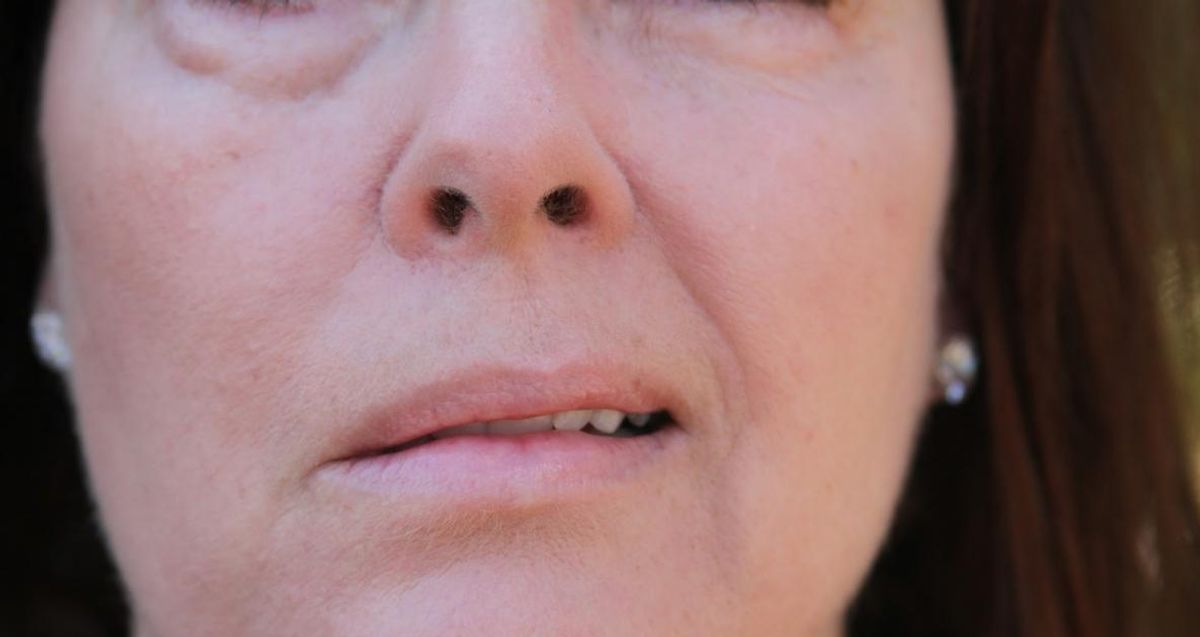Warning Signs Of Ramsay Hunt Syndrome
Ramsay Hunt syndrome is a disorder characterized by an infection of particular nerves in the face. This disorder occurs when specific nerves in the head region are infected by the Varicella zoster virus, which also causes chickenpox. The Varicella zoster virus may remain dormant in an individual who has been infected with chickenpox previously. When the infection becomes active and re-infects certain facial nerves, it is called Ramsay Hunt syndrome. Any individual who has been infected with chickenpox may develop Ramsay Hunt syndrome, but it usually affects individuals older than sixty. The focus of Ramsay Hunt syndrome treatment is to prevent long-term complications and alleviate problematic symptoms. If this disorder goes untreated, damage to the eyes, permanent loss of hearing, weakness in the face, and postherpetic neuralgia may occur.
Several symptoms commonly occur in patients affected by Ramsay Hunt syndrome. Learn about them now.
Facial Paralysis Or Weakness

Facial paralysis or weakness occurs when an individual loses the normal function of movement in the face. This paralysis can result in a droopy-like appearance of features on the side of the face affected by Ramsay Hunt syndrome. When this paralysis or weakness is caused by an infection of the facial nerves or Ramsay Hunt syndrome, it will come on suddenly. Often times, facial paralysis or weakness will manifest and cause the patient to lose the ability to close one eye. Another common manifestation with facial weakness or paralysis is when one corner of the mouth begins to droop lower than the other. This drooping will cause the mouth to appear abnormally asymmetrical or uneven. A patient experiencing facial paralysis or weakness may not be able to speak as they usually would be able to. In addition, the loss of facial movement may make it difficult for a patient to eat normally. Most individuals who experience facial paralysis or weakness due to Ramsay Hunt syndrome will regain facial movement after undergoing treatment for the infection.
Learn more about the symptoms of Ramsay Hunt syndrome now.